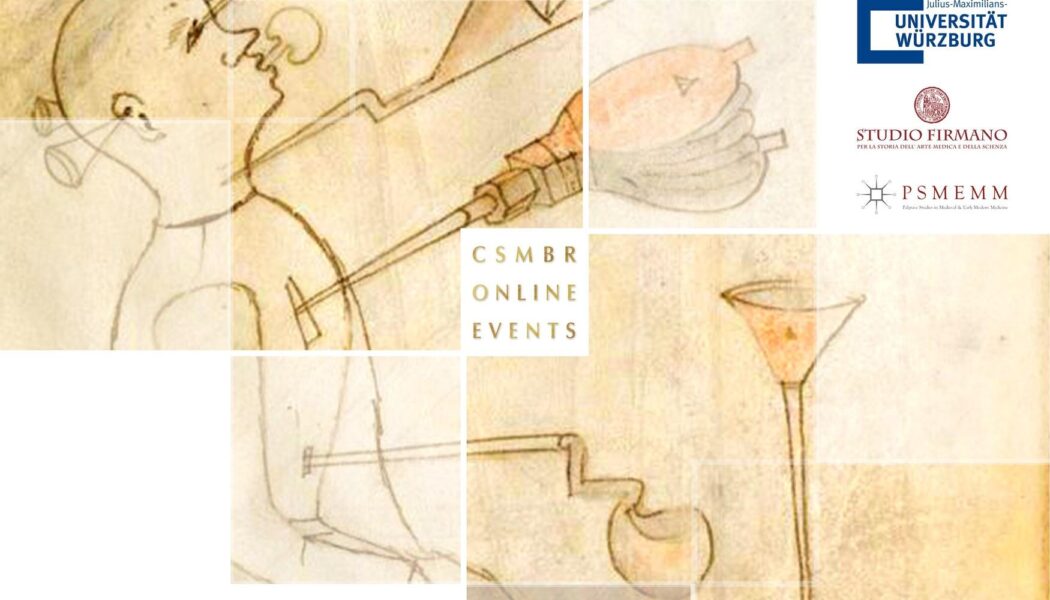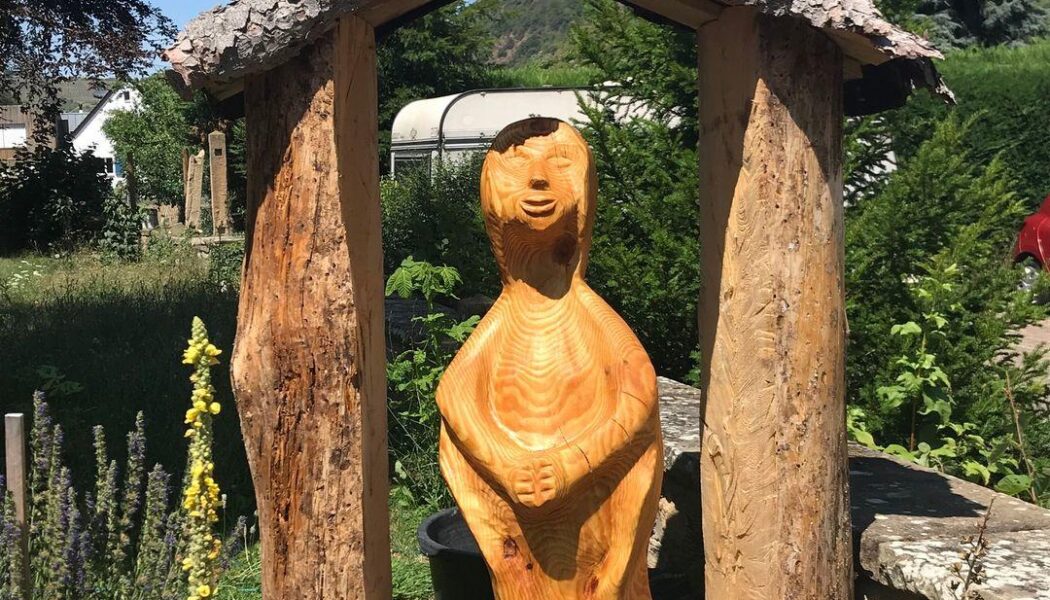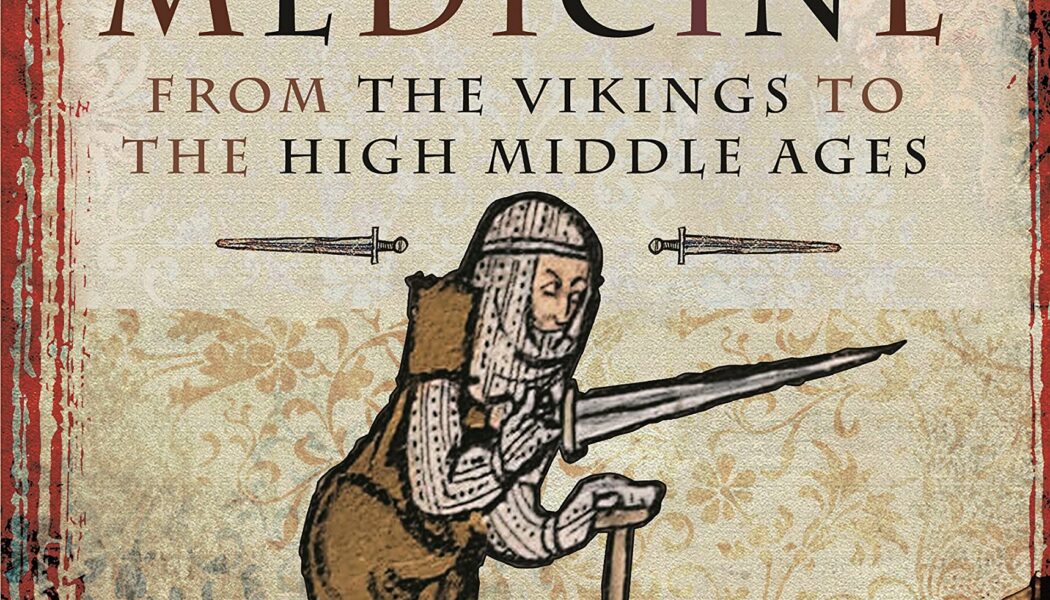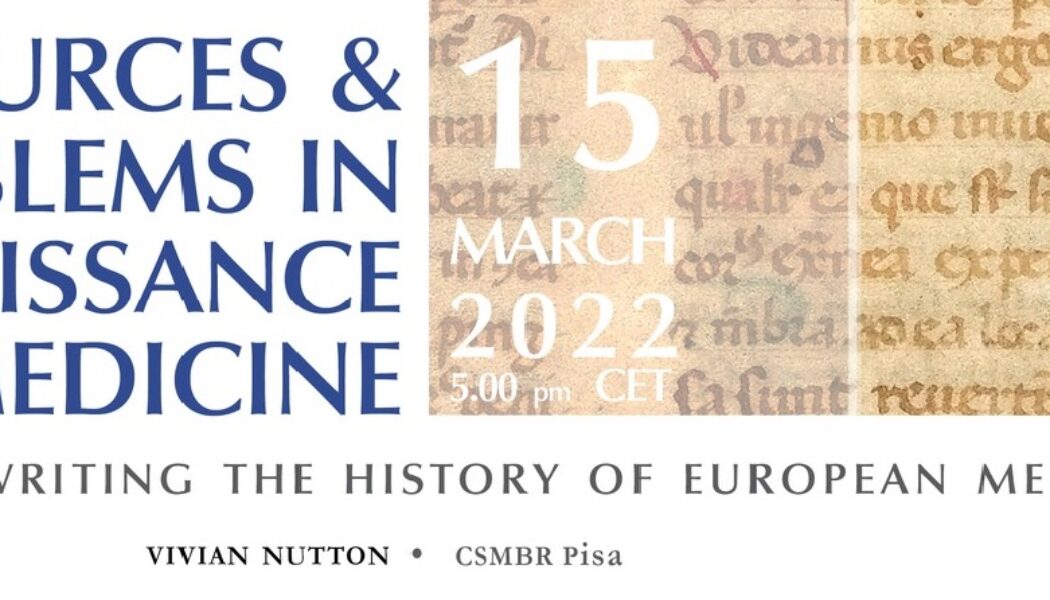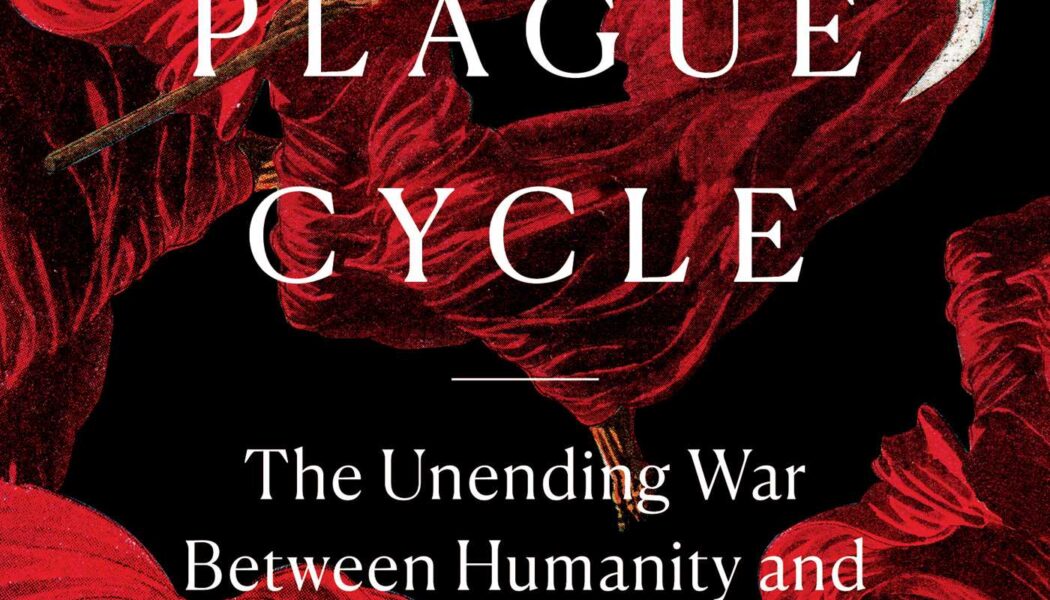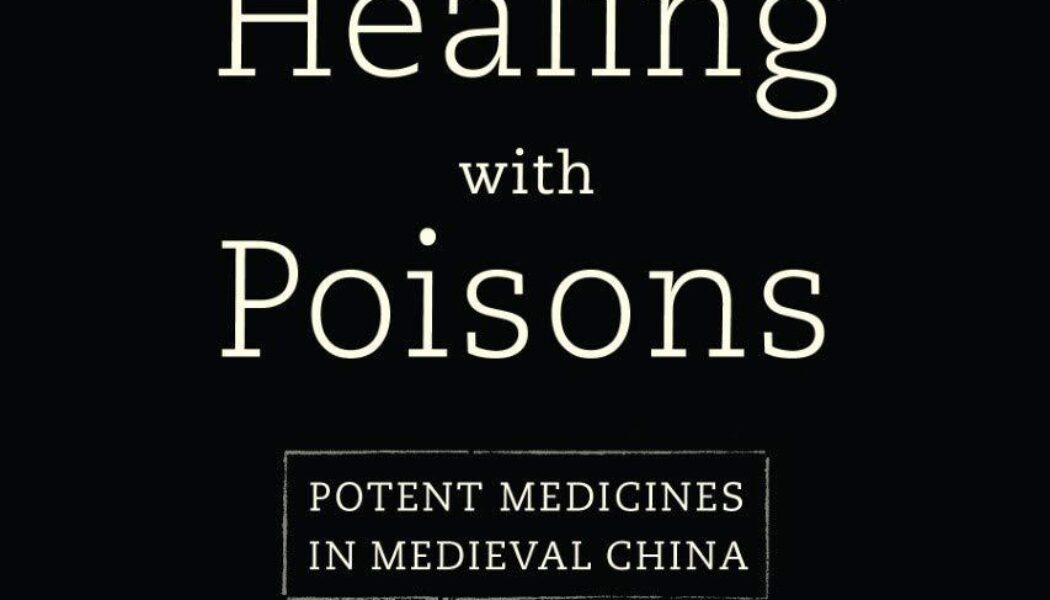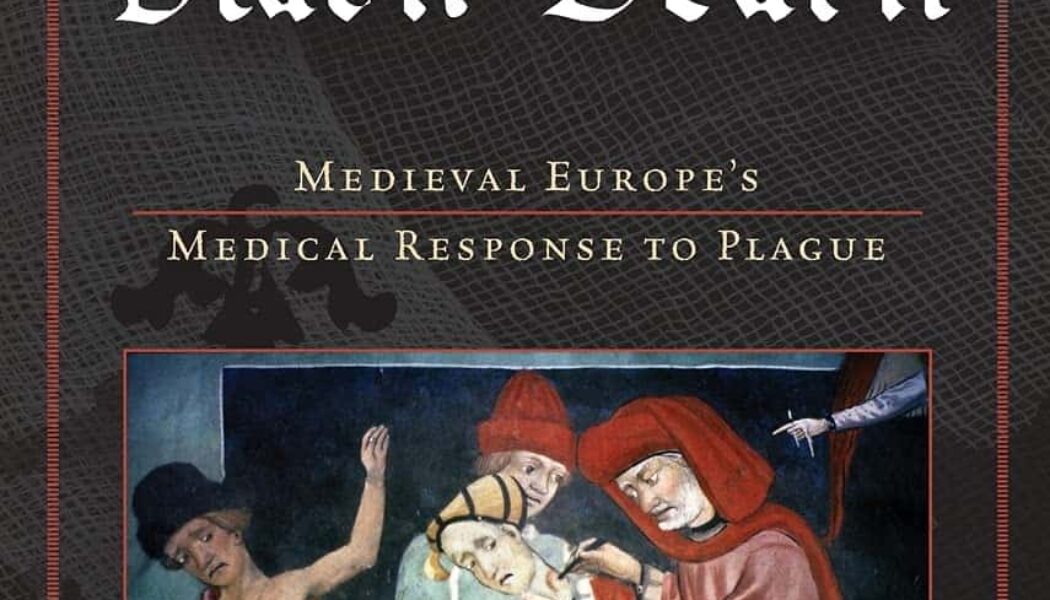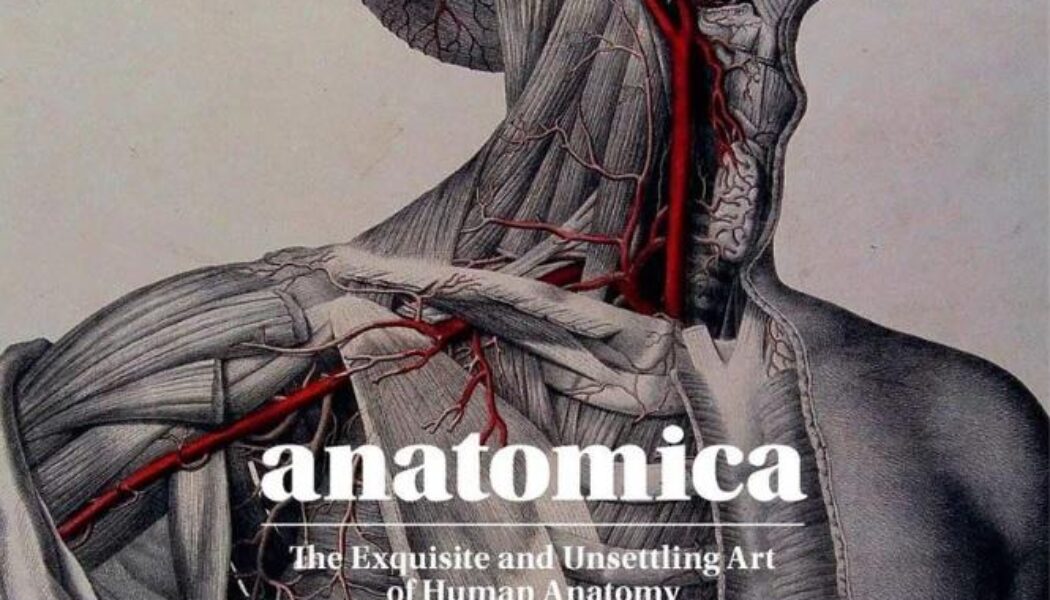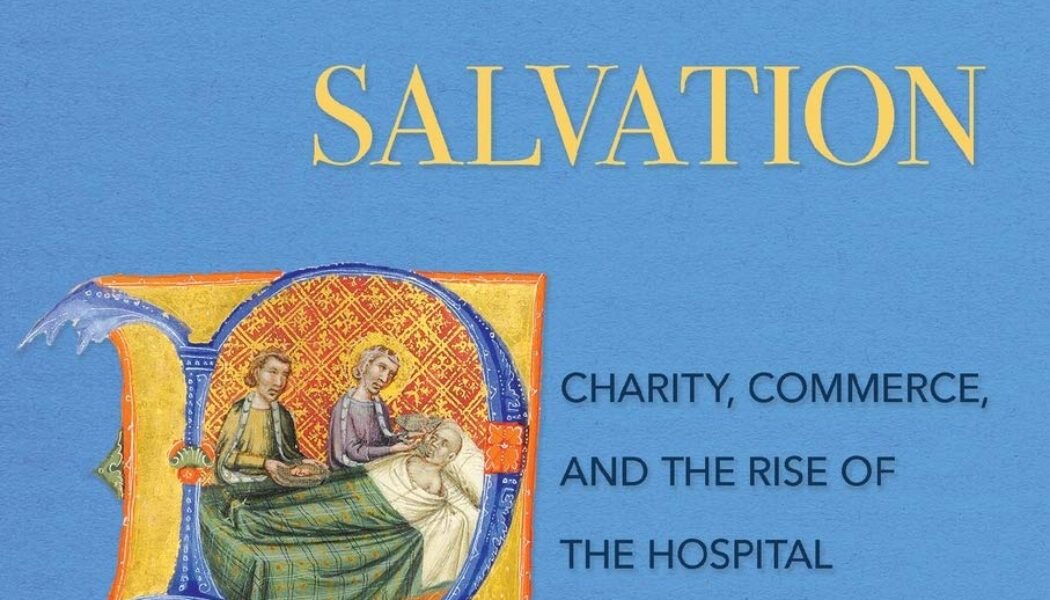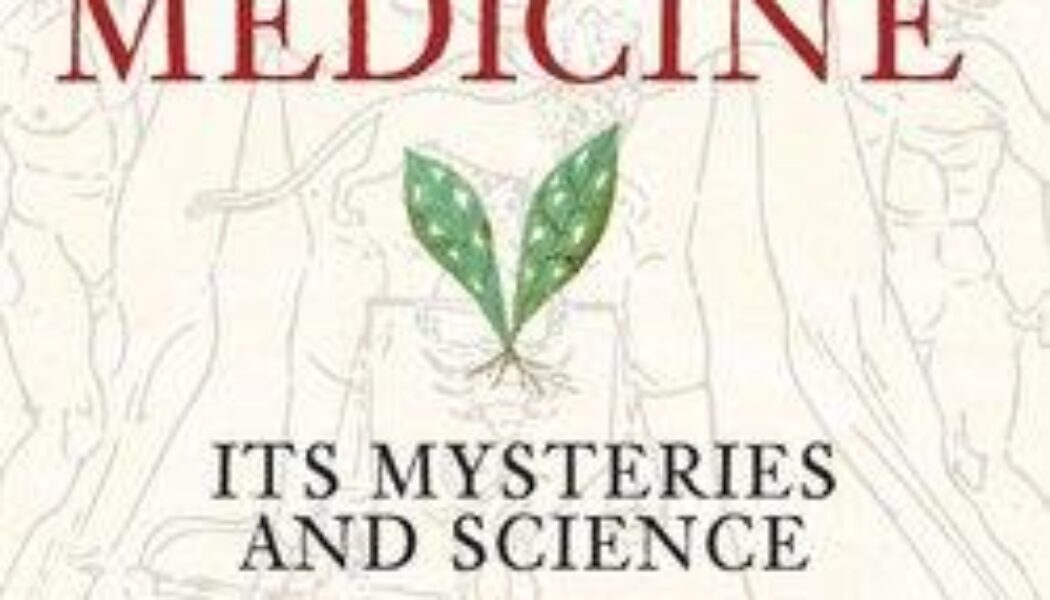medical history
DELAYING DEATH. The Role of Alchemy in Roger Bacon’s Medical Works
Examining the role and influences of alchemy on Roger Bacon's medical works
Hildegard of Bingen: Medieval Herbalist (3-week series)
You are invited to join us for this three-part series exploring some of the herbal remedies recorded by Hildegard of Bingen, a 12th century German Benedictine Herbalist and Natural Healer. We will be using excerpts from her great works, Physica and Causes and Cures.
Hildegard of Bingen: Medieval Herbalist (3-week series)
You are invited to join us for this three-part series exploring some of the herbal remedies recorded by Hildegard of Bingen, a 12th century German Benedictine Herbalist and Natural Healer. We will be using excerpts from her great works, Physica and Causes and Cures.
Hildegard of Bingen: Medieval Herbalist (3-week series)
You are invited to join us for this three-part series exploring some of the herbal remedies recorded by Hildegard of Bingen, a 12th century German Benedictine Herbalist and Natural Healer. We will be using excerpts from her great works, Physica and Causes and Cures.
Medieval Military Medicine: From the Vikings to the High Middle Ages
Features many individual cases, extracting their stories of wounds, sickness and death from chronicles, miracle collections, surgeries, government records and other documents.
SOURCES & PROBLEMS IN RENAISSANCE MEDICINE. Rewriting the History of European Medicine
This lecture explains the rationale behind the new survey of history in the period, which relies on a wide range of primary and unfamiliar texts drawn from across Europe from Moldavia to Portugal. It considers the consequences for medicine of the opening up of Europe to the wider world, as well as the results of the ever-hardening religious divide, including the fate of Arabic medicine in Iberia.
The Plague Cycle: The Unending War Between Humanity & Infectious Disease
For four thousand years, the size and vitality of cities, economies, and empires were heavily determined by infection. Striking humanity in waves, the cycle of plagues set the tempo of civilizational growth and decline, since common response to the threat was exclusion—quarantining the sick or keeping them out. But the unprecedented hygiene and medical revolutions of the past two centuries have allowed humanity to free itself from the hold of epidemic cycles—resulting in an urbanized, globalized, and unimaginably wealthy world.
Healing with Poisons: Potent Medicines in Medieval China
Healing with Poisons explores the ways physicians, religious devotees, court officials, and laypeople used powerful substances to both treat intractable illnesses and enhance life.
Doctoring the Black Death: Medieval Europe’s Medical Response to Plague
Dispelling many myths and misconceptions about medicine during the Middle Ages, Aberth shows that plague doctors formulated a unique and far-reaching response as they began to treat plague as a poison, a conception that had far-reaching implications, both in terms of medical treatment and social and cultural responses to the disease in society as a whole.
Anatomica: The Exquisite and Unsettling Art of Human Anatomy
Anatomica brings together some of the most striking, fascinating and bizarre artworks from the the 14th through 20th century, exploring human anatomy in one beautiful volume, with over 250 images.
The Medieval Economy of Salvation: Charity, Commerce, & the Rise of the Hospital (2019)
In The Medieval Economy of Salvation, Adam J. Davis shows how the burgeoning commercial economy of western Europe in the twelfth and thirteenth centuries, alongside an emerging culture of Christian charity, led to the establishment of hundreds of hospitals and leper houses.
Medieval Medicine: Its Mysteries and Science
This book explores the labyrinth of strange ideas and unlikely remedies that make up the weird, wonderful and occasionally beneficial world of medieval medicine.

